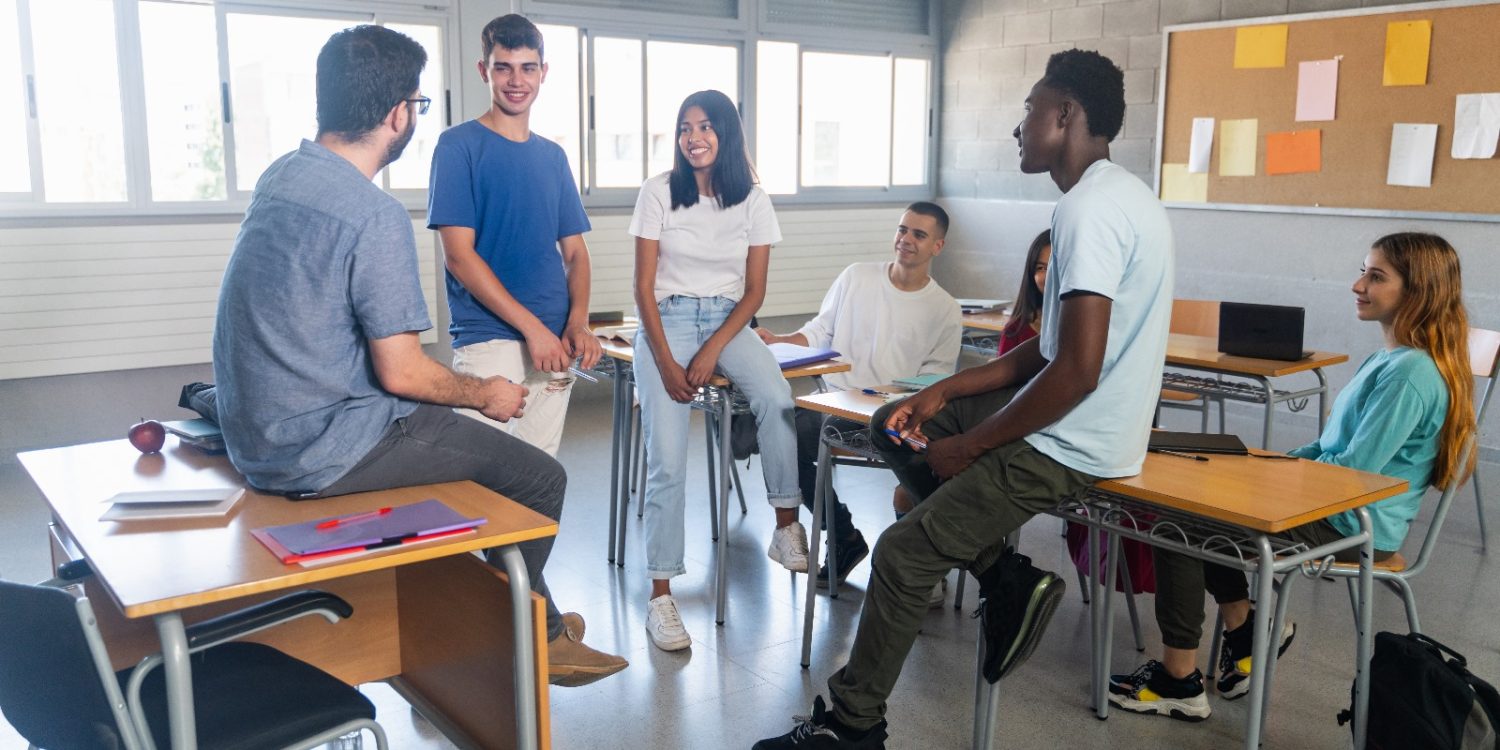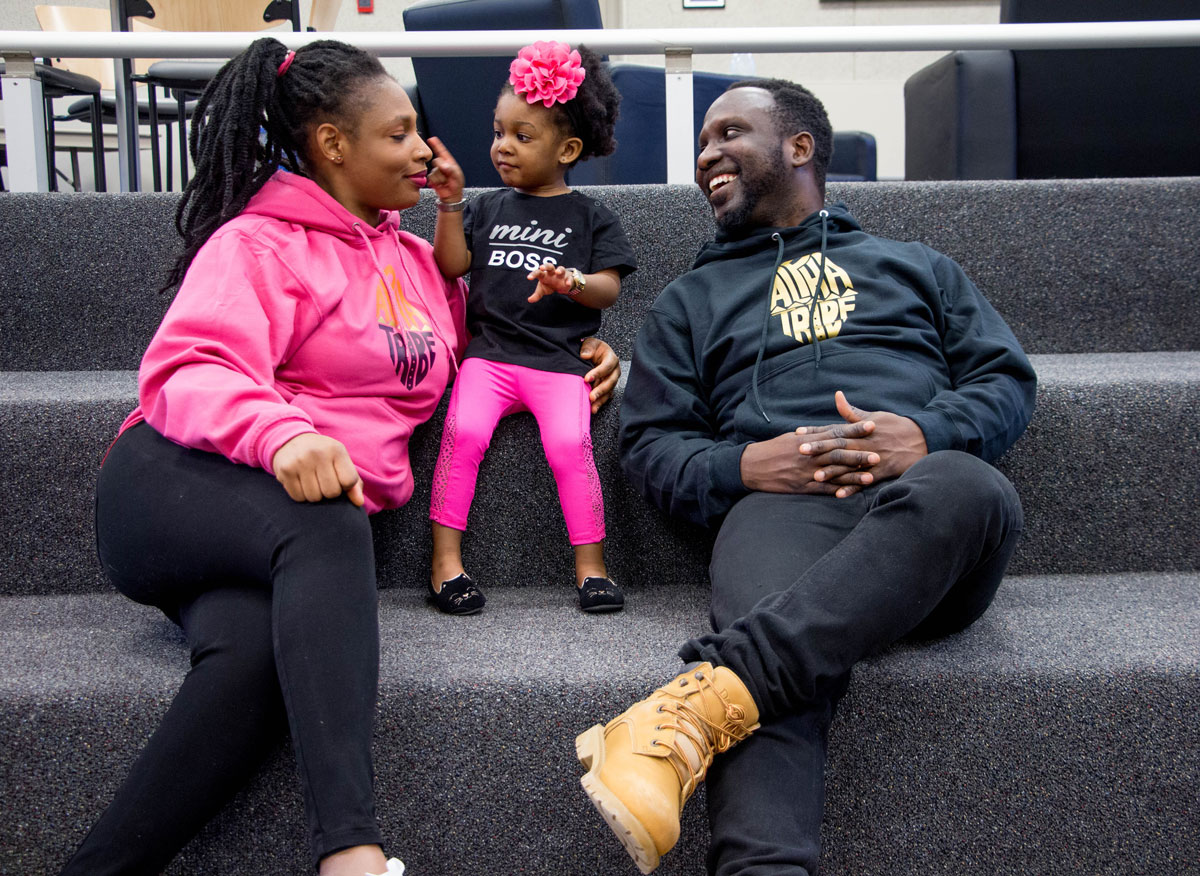When separated parents find themselves in a deadlock over the choice of school for their child, it can be emotionally charged and distressing. However, there is a solution that promotes effective communication, preserves relationships, and, most importantly, prioritises the child’s best interests: mediation. Mediation is a powerful tool that can bridge the gap between differing opinions, ensuring a smoother path forward for everyone involved.
The Power of Mediation
Mediation is a confidential and cooperative process that involves a neutral third party—the mediator—who assists separated parents in reaching mutually agreeable decisions. When it comes to school choice disputes, mediation offers several significant advantages:
Neutral Ground: Mediation provides a neutral and non-adversarial setting where parents can express their concerns, ideas, and preferences without the formality and hostility often associated with legal proceedings.
Child-Centred Approach:
Mediators focus on what is best for the child’s education and well-being, helping parents recognise and prioritise their child’s needs over personal disputes.
Open Communication: Mediation encourages open and respectful communication. Parents can express their viewpoints, listen to each other, and work together to find common ground.
Expert Guidance:
Mediators are trained professionals who understand the complexities of family dynamics and can guide parents through the decision-making process. They facilitate discussions, manage emotions, and keep conversations on track.
Tailored Solutions:
Mediation allows parents to craft personalised solutions considering the child’s unique circumstances, preferences, and requirements. This flexibility often results in more satisfying outcomes than court-imposed decisions.
How Mediation Works
The mediation process typically unfolds in several stages:
Initial Meeting:
The mediator meets with parents separately to explain the process, establish ground rules, and clarify their roles and responsibilities.
Information Gathering:
Parents share their concerns, goals, and preferred school options with the mediator, who may request additional information to assess the child’s needs.
Mediation Sessions:
The mediator conducts one or more mediation sessions, during which parents engage in productive discussions and explore various school choices.
Agreement:
When a consensus is reached, the mediator helps the parents draft a comprehensive agreement that outlines the chosen school, each parent’s responsibilities, and dispute resolution mechanisms.
Implementation: Once the agreement is signed, parents can confidently move forward, knowing that the school choice results from a collaborative effort prioritising their child’s best interests.
The Benefits of Choosing Mediation
Opting for mediation when faced with school choice disputes offers a multitude of benefits:
Preserve Relationships:
Mediation fosters cooperation and can help repair fractured relationships between separated parents, creating a more harmonious co-parenting environment.
Empowers Parents:
By actively participating in the decision-making process, parents feel more invested in the outcome and are more likely to adhere to the agreed-upon plan.
Minimizes Costs:
Mediation is often more cost-effective than taking matters to court, sparing parents from hefty legal fees and lengthy proceedings.
Reduces Stress:
The collaborative nature of mediation can significantly reduce stress and emotional turmoil for both parents and the child.
Child-Centric Outcomes:
Mediation ensures that the child’s needs and preferences are at the forefront of the decision-making process, leading to outcomes in the child’s best interests.
Conclusion
When separated parents cannot agree on the school choice for their child, mediation is a powerful tool that can transform conflict into collaboration. It enables parents to collaborate to make informed, child-centred decisions supporting their child’s educational journey. By choosing mediation, parents can navigate school choice disputes with compassion, cooperation, and a commitment to building a brighter future for their child.

Ready to talk?
Our caring professionals are committed to helping you find the support you need. Your journey towards healing and personal growth begins with a conversation – and we’re here to start that conversation whenever you’re ready.





